Is a strategy and a plan the same thing?
The words get used interchangeably. Indeed, definitions of ‘strategy’ often call it a ‘plan’.
And it is a plan. But a plan for what to do, not how to do it.
A strategy won’t get executed — not completely and successfully — without other plans. And that means promised benefits won’t be realised and business objectives won’t be achieved.
The difference between a strategy and a plan
A strategy identifies what you need to do to meet one or more business objectives.
A strategy needs to be detailed — it may even include some sort of timeframe for executing it — but it’s still only high level in terms of how it will be achieved.
That’s what a plan is for.
A plan explains in detail how the strategy will be executed. It identifies:
- what’s to be done (activities and tasks to be executed)
- who does what (roles and responsibilities)
- when it has to be done (a schedule of activities and tasks and who’s assigned to them)
- and critically, how you’ll ensure it gets done on time and within budget (risk management, quality management, communication management, resource management, stakeholder management, change management, financial management).
If you think the list looks like a project management plan, then you’re right. That’s exactly what it is because that’s exactly what you need to execute the strategy: a project with a plan.
To get from a strategy to a plan there’s usually a business case. That’s where the strategy is justified and costed for it to be considered and approved. Then, to be executed, it becomes a change initiative in the form of a program of work, or part of other programs. And programs are executed as projects.
So a single strategy may be executed under several different plans — program and project management plans.
But it’s not as simple as that
To successfully develop and implement strategies and plans, here are some other considerations:
- What differentiates a strategic framework from a planning framework in terms of conceptualisation, development and execution?
- Strategies and plans have different audiences at different business levels: organisation, division, etc. Is there a common understanding of needs, priorities and benefits realisation? Do they need different levels of information explained in different language?
- What does success look like and how do you measure it? Is there a measureable business benefit realisation framework?
- Do the sponsors and the implementation team know when the delivery of the change initiative has reached a tipping point?
Clearly, a single document isn’t going to address all of these matters … and all of them have to be addressed; some by the strategy, some by the program and project management plans.
Without proper planning, strategies will fail. Citing a recent article from the Australian Institute of Company Directors:
Dr John Kotter, Konosuke Matsushita Professor of Leadership, Emeritus, at Harvard Business School, found that around five per cent of all organisations implemented their strategies successfully, while 70 per cent of strategic initiatives failed to meet their objectives. The remaining 25 per cent had some middling success, but did not meet the full potential of the strategy devised.
One wonders what percentage of the successful 5% and mildly successful 25% were ICT strategies.
Adding ICT to the equation
What is the significant factor in the lack of success and often disappointing benefit outcomes of ICT strategies?
Is it that there are a number of translation steps from the business strategy to the execution of the ICT component of that strategy, coupled with risk and complexity?
Perhaps the vision and desired outcomes are far less clear once organisations navigate through the investment and execution stages.
Many organisations have distinct capability to provide business advice in terms of developing strategies for changes to things like ICT or the organisation itself.
Others have a distinct capability in implementing such strategies through competent project management and all the other management disciplines that come with it.
Fewer have the capability to do both, the end-to-end lifecycle.
The organisations that succeed in both are the ones that take the implementation experience and feed it back to their consulting teams.
To fully realise benefits, strategies and plans go hand in hand
Change is inevitable. Change is constant. ~ Benjamin Disraeli
A well-planned and executed change is a recipe for success.
But it takes experience and understanding at every level to deliver the expected (promised) business outcomes, in a timely manner.




